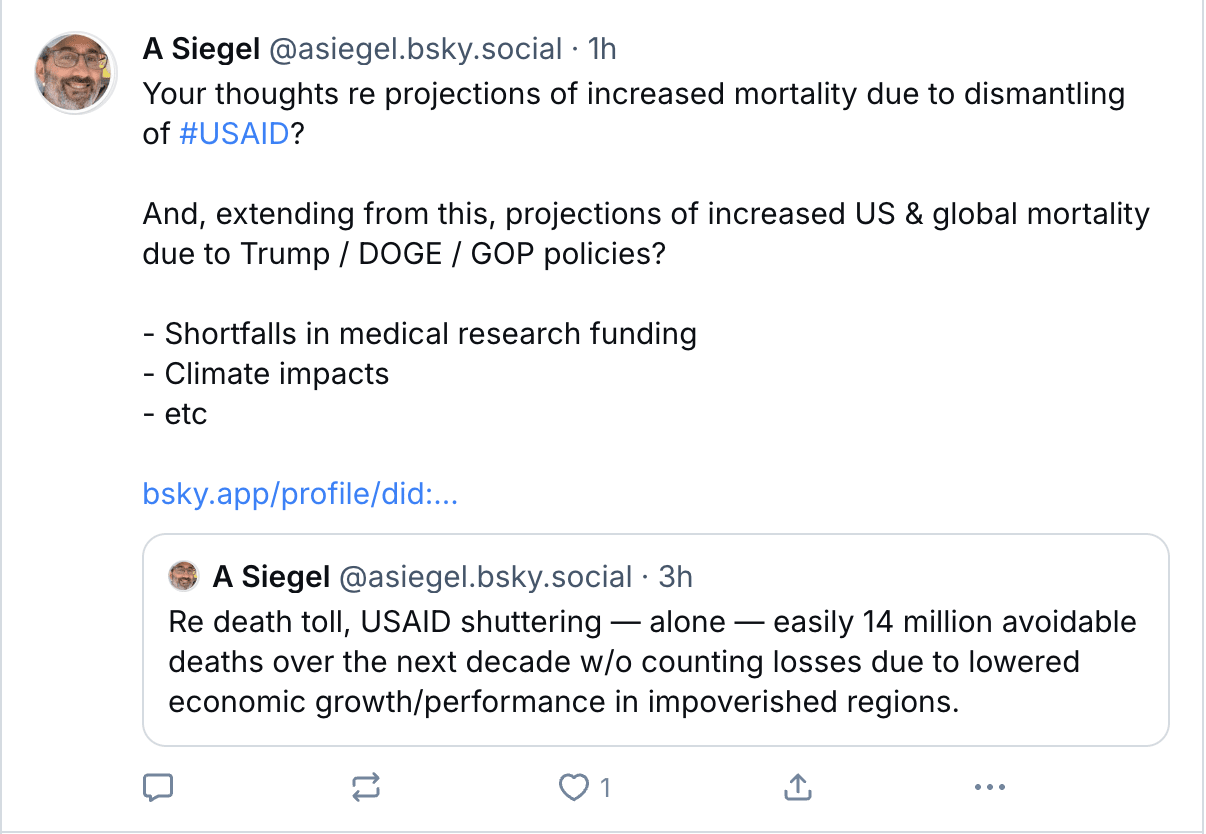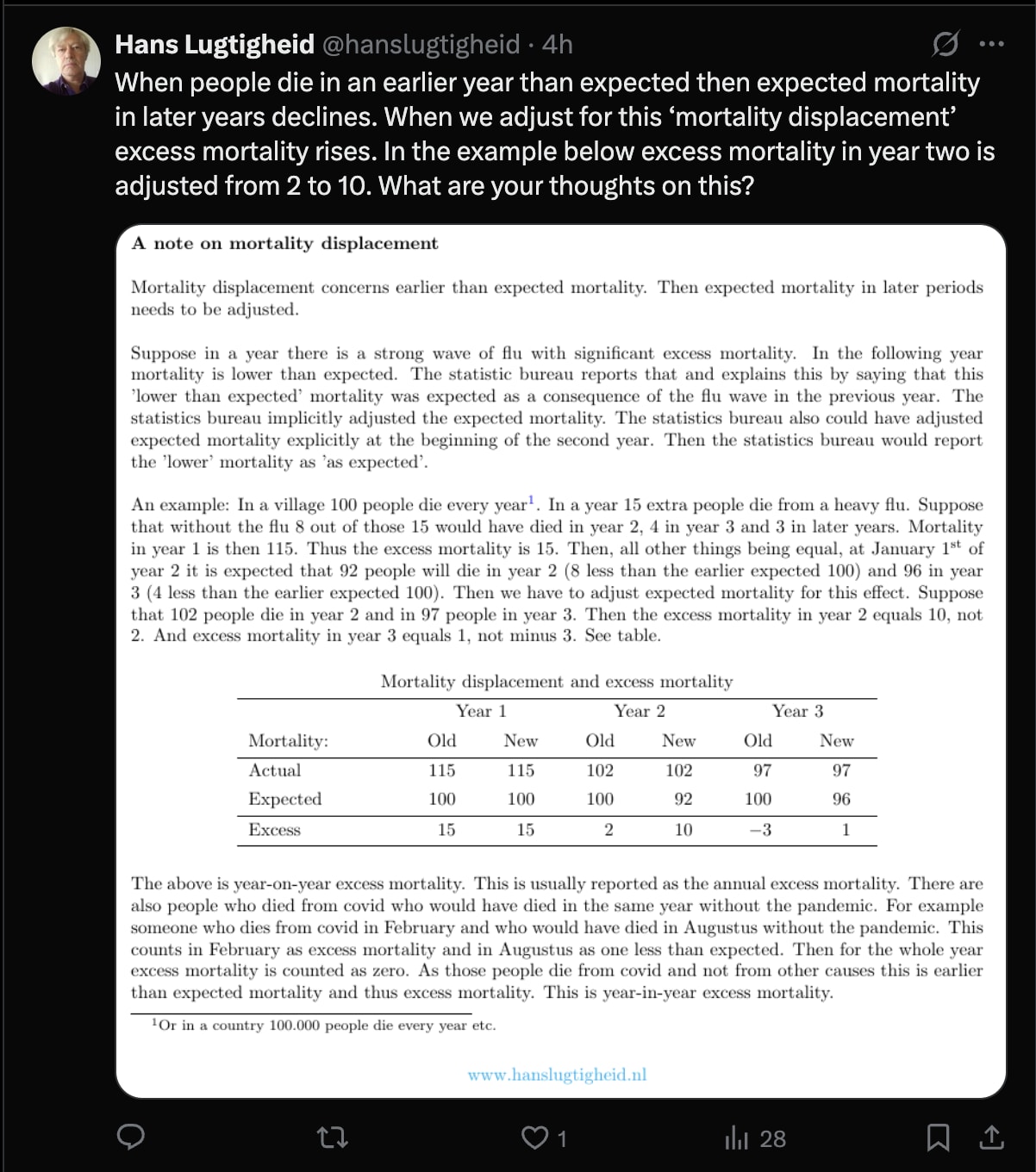Saloni will answer the questions in this AMA between 6-8pm BST on July 8th. Leave your questions as comments, and upvote other questions you’d like to see answered.
If you’ve been around EA for a while, and you’re interested in global health, you’ve probably read Saloni Dattani before.
Saloni writes about global health at Our World In Data and is a co-founder and editor of Works in Progress magazine. She’s also recently started a podcast, Hard Drugs, with Jacob Trefethen. She also (somehow) finds time to write a great blog, Scientific Discovery.
She’s recently written on:
- The decline in cancer mortality, and how it’s not all down to decline in smoking.
- How we calculate fertility rates, and why just calculating the total fertility rate leads us astray.
And she delivered a talk at EA Global London on the data that shapes global health.
Question ideas:
For some question ideas (though you can ask her anything), I asked o3 what Tyler Cowen would ask Saloni Dattani. Here are the best questions it spat out:
- Why do reported total fertility rates mislead policymakers, and how would you fix the metric?
- Where are the biggest blind spots in maternal-mortality data, and how should we fill them?
- What single root cause explains the long delay in rolling out a malaria vaccine?
- Which global-health dataset is most underrated, and why?
- Which country gets suicide statistics most wrong, and what are the consequences?
- Editing Works in Progress, what one lesson has most improved the ideas you publish?
- What browser tabs are open on your laptop right now?
- How has bird-watching shaped the way you do science, if at all?
- As head of the WHO for a day, what is the first concrete action you would take?









What's the likelihood of DHS getting funded, and what do you think is the easiest forward for getting some form of it restarted again. Also are there ways we could do it more efficiently?
By the way your talk was fantastic at EAG. Was disappointed it was only 15 minutes!
Thanks so much!
Great questions. Just for context, the Demographic and Health Surveys were primarily funded by USAID but that funding was terminated by the Trump administration in February. It involved surveys roughly every five years per country, for over 90 low- and middle-income countries worldwide since it started in 1985.
I think there are two parts to this: one is about the surveys that had started and were meant to be completed this year or next (that was in ~23 countries) and the other is about the longer-term future of the program.
I'm hopeful that t... (read more)